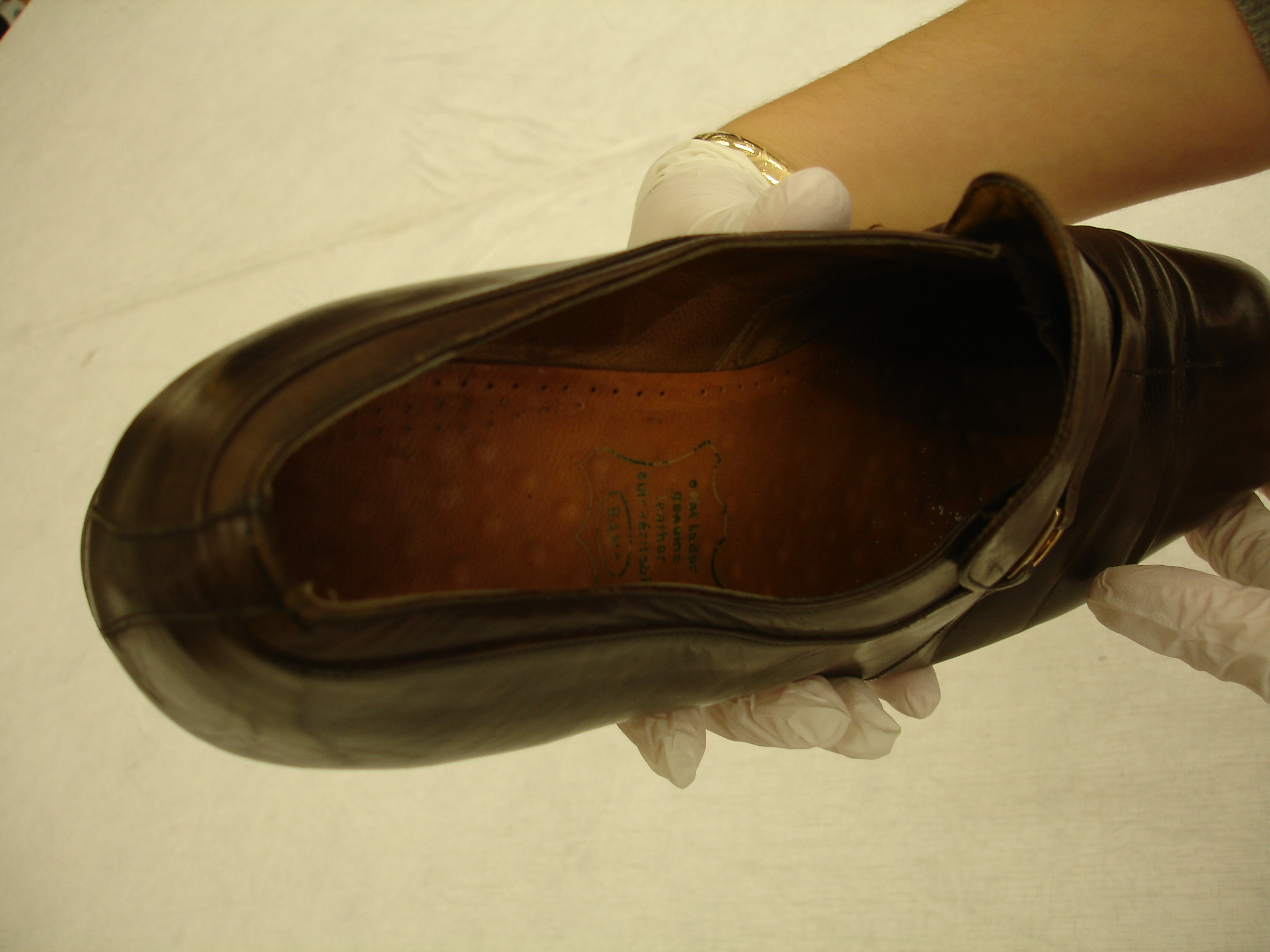It feels like a long time ago but in early 2020 CfFC applied for and was awarded funding for a workshop on material culture theory and practice for AHRC TECHNE PhD students. Due to successive COVID-19 lockdowns and changes to models of pedagogic learning at the University, we were delayed in our production of this workshop.
Eventually, working with AHRC TECHNE, we planned for a workshop in July, with a mix of online and face-to-face sessions spread across four days. The workshop was intended for the growing number of PhD students engaging with archives of historical and contemporary dress, costume for performance and related accessories. Deriving from a range of educational and practice backgrounds, the specialist skills inherent in textile object handling, photographing and storing may not be part of the students’ existing knowledge.
An intended outcome was to provide an introduction to the complexities of historical dress handling and insights into the practice of material culture and museology. With this in mind, the aim was to expand the PhD students’ understanding of theories around material culture, collecting and archiving through the analysis of selected garments, with a focus on material object handling practices. CfFC believes that touching and handling objects supports learning from so many ways, and gaining skills in handling would address questions and practices the students may encounter as part of their PhD research.
The training was delivered by academics (from practice-based and theoretical perspectives) at London College of Fashion, including Prof Amy de la Haye, Senior Research Fellow Dr Donatella Barbieri, LCF Archives Manager Susanna Cordner, Research Fellow Alison Moloney and CfFC Manager Dr Ben Whyman. An external costume mounting specialist at the V&A Museum, Gesa Werner ran a handling workshop for students to learn how to handle, pack and simply mount garments and accessories as part of their PhD learning and practice.
Alison presented a conversation with independent academic Erica de Greef and fashion designer, academic and member of artist collective The Sartists, Wanda Lephoto exploring their ongoing project of an archive of European clothing at the Museum Africa (Johannesburg) collection, and approaches to the decolonisation of objects. Other highlights include Donatella exploring new materialist studies and material culture, Amy’s workshop on curating objects and telling narratives, Susanna interrogating ideas around objects and archives, and Ben reflecting on practical approaches to working with objects and undertaking PhD research.
Eight PhD students participated and their feedback was positive and highlighted just how important it was for researchers working on material culture to meet face-to-face and discuss with each other their passion for the field. It also highlighted how vital it is for students to learn from each other, from sharing theoretical insights and making connections between their work. Comments included how valuable the opportunity to meet face-to-face and to engage with real objects was. Another extended comment cemented in our minds the importance of workshops on material culture for our student research community.
‘The four-day material culture workshop was planned and produced brilliantly and provided practical skills and critical discourse with inspiring and generous professionals. It offered new practical approaches to my work, helpful hints (such as sketching as part of documenting and recording objects) and writers that I hadn't come across. It was a real privilege to be part of it. I have many things to take away from every session and so enjoyed interacting with real people, hold real things and have flowing discussions. Thank you.’
Going by workshop feedback like this, the students have gained a tremendous amount of support and inspiration for their continuing research. The statements reflect how the workshops inspired a re-invigoration of their research into material culture, particularly after a long period of being unable to be in the same room as their fellow students. Also worth noting is that these students have not being able to work in their research collections in museums/archives during the past 16 months. The opportunities these workshops offered were a hands-on experience, led by practitioners and academics actively engaged in material culture theory and practice.

